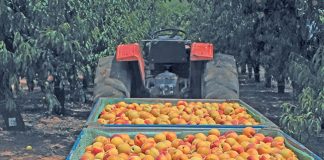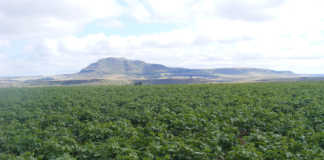The South African Institute for Race Relations (SAIRR) has warned that the Restitution of Land Rights Amendment Bill of 2013 and the Promotion and Protection of Investment Bill of 2013 create a loophole through which government could claim land without paying for it.
Frans Cronje, SAIRR CEO, explained that the Promotion and Protection of Investment Bill suggests that expropriated property owners will be entitled to just and equitable compensation.
But it also contains “a ‘weasel’ clause stating that it’s not ‘an act of expropriation’ if the state takes property.” In this case the state becomes the ‘custodian’ and not the ‘owner’ of the land. As the land has, strictly speaking, not changed hands, no compensation is needed. As ‘custodian’, the government can then decide who to lease the land to.
“It is therefore ironic that the bill is called the Protection of Investment, since it does the opposite,” said Cronje.
He added that the reopening of the land claims process, which could see an estimated 379 000 new claims, would cost the government about R179 billion to settle. “Yet in the 2013/2014 financial year the restitution budget was roughly R3 billion, which shows that government is not serious about paying compensation for farms and will rely on the weasel clause of the Investment Bill.”
The Constitutional Court has already set a precedent in terms of the state becoming a custodian of the land, noted Cronje. “In a case involving mining rights the court found that the deprivation of property from an existing owner is not matched by the acquisition of that property by the state. This means that there is no expropriation and no right to any compensation.”
Cronje said that under the Investment Bill, the government could thus pass legislation, modelled on the mining law, providing that all agricultural land, farm equipment and livestock are turned over to the state as the custodian of the nation’s land resources.












